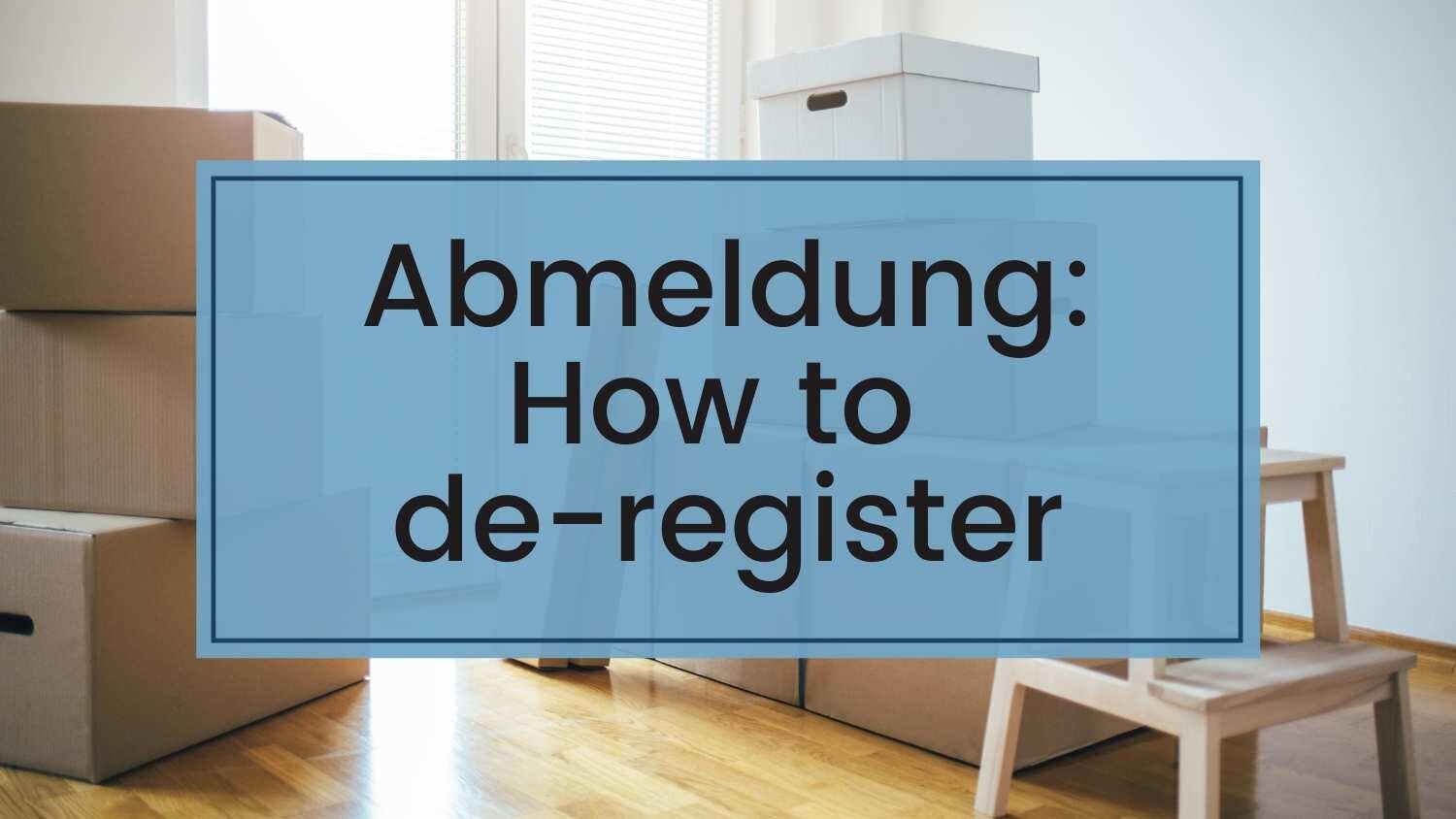Public vs. Private health insurance in Germany: What’s better?
In Germany health insurance is mandatory for everyone, no matter if you’re German or an international student, job seeker or professional. Basically, there are two options to choose from: public and private health insurance.
Around 90% of the population in Germany is covered by public health insurance, not because public health insurance is necessarily the better option, but because you have to fulfill certain criteria to be allowed to change to a private health insurance.
There are many options for public insurance providers. These companies are bound by federal and state regulations regarding their fees and what they have to offer. Their focus is to cover everyone with standard medical care for all kinds of needs. There are only minor differences between the different public insurance companies, e.g. whether they take over homeopathic treatment, specific sports programs, vaccines for travelling etc. The devil is in the detail.
The pros and cons of public health insurance
Benefits
Family insurance: Spouse and children are covered free of charge (spouse if they earn less than a certain amount of money, children up to a certain age).
No advance payment of medical bills: You go to the doctor with your insurance card and the fees are directly transferred from the company to the doctor.
Fees are based on your income: If you earn less, you pay less and therefore have a lower financial risk.
Downsides
Many types of special treatments and services in a clinic or with a doctor are often not covered, waiting times for appointments can be longer.
You cannot adapt your fee or insurance scheme based on your individual needs or health status.
Fees can be very high if you make a lot of money or are self-employed.
Good to know: It’s possible to combine your public health insurance with additional private insurances to cover certain treatments (e.g. extensive coverage of dental treatments).
These are the criteria to be allowed to opt for private insurance:
Student status
Minimum annual gross salary of 73.800 € (as of 2025).
Being self-employed: You pay the full amount to the insurance company (whether it’s private or public). There is no employer taking over 50 % of the fees (which is the case if you are employed).
The pros and cons of private health insurance
Benefits
Better service: You generally have better service as a private patient, because doctors and clinics can earn more from the private insured: You get appointments immediately, you will be treated by the highest qualified doctors in a clinic, you get a single room instead of a shared hospital bedroom etc.
Individual choice of additional treatment forms e.g. acupuncture, homeopathy, osteopathy, chinese medicine.
Many types of special treatments and services are often covered.
You pay for what you need: Private insurances are cheap if you are healthy and quite young at your age of entry. In such cases, a lot of insurances offer basic tariffs with a higher personal contribution. Additionally, private health insurances often have reimbursement schemes when you don't need certain services, but only to a certain extent, of course.
Lower costs for people with high income: You pay a fixed monthly fee irrespective of the amount of money you earn. For high income earners the costs can therefore be considerably lower in a private insurance.
Downsides
Once you have chosen private insurance it’s difficult to go back to public insurance. This is only possible in very exceptional cases.
With private health insurance your family members are not covered automatically, you have to pay individually, also for your children.
If you are married and one of you has private health insurance, this may also affect the fees of the spouse's public health insurance because, for example, in the case of unemployment, the income of the privately insured spouse is also taken into account.
More paperwork and impact on your cash: You will have to pay your medical bills in advance if you have private insurance and then get reimbursed later on from your insurance company.
To sum it up - what is better?
Like everything in life: The answer depends on many factors and your personal preferences. Private health insurance is only an option for those who earn more than 69.300 € yearly or persons who are self-employed or students. If you fulfill any of these criteria, private insurance can be a good option to save money or to get better service. However, keep in mind that it’s difficult for you to return to public insurance (only if your status changes) and that you will face a higher cost burden in case of unemployment or low income.
We’ve also made a detailed video about the topic:
How to enroll for German health insurance
Have you made up your mind and need a health insurance certificate to apply for your visa or residence permit? For most German health insurances, you can easily enroll online and receive your health insurance number and certificate within 1 to 3 days.
With Feather's free health insurance tool, you can compare the cost of different health insurance providers and choose the one that's right for you. On the site you can find offers and enroll for private health insurance in Germany as well as offers for public health insurance in Germany.
Looking for more?
Important note: Our HalloGermany articles are written with utmost care to explain careers and paperwork in Germany. However, please note that the content presented here does neither constitute nor replace any form of legal advice. We highly recommend consulting a lawyer for any legal concerns you may have.










